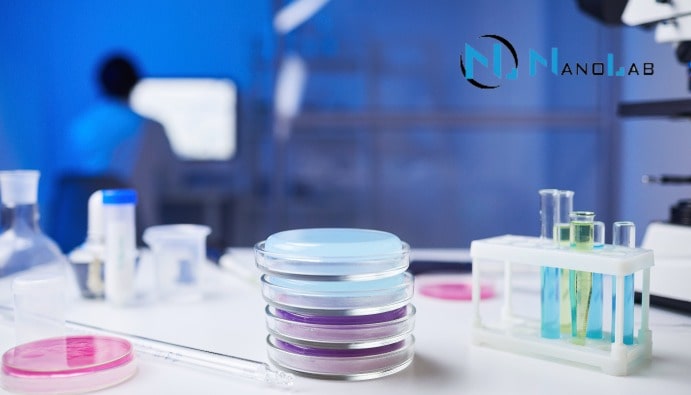Bacterial Endotoxin (LAL) Testing
Bacterial endotoxin is a type of pyrogen found in the cell walls of gram-negative bacteria and causes fever. They are members of a phospholipid class of lipopolysaccharides. Bacterial species such as Escherichia, Salmonella, Shigella, Pseudomonas and Haemophilus contain endotoxin.Bacterial Endoctoxin (LAL) Testing should be performed on all injectable pharmaceutical products and implantable medical devices, nuclear medicine and compound parenterals to ensure patient safety. Entry of endotoxins into the body can cause problems that can lead to fever, aseptic shock, and potentially death.
The importance of the Bacterial Endoctoxin (LAL) Test can be understood when considering the risk to patient safety. "Bacterial Endoctoxin (LAL) Test" is carried out in in vitro medical products (products that are in direct or indirect contact with cardiovascular, lymphatic or cerebrospinal fluid such as pacemakers and prostheses), in the pharmaceutical industry, injectable pharmaceutical products, and dialysis waters.
The Bacterial Endoctoxin (LAL) Test is tested within the scope of the international "European Pharmacopeiae (E.P.) 2.6.14-Bacterial Endotoxins - United States Pharmacopeiae (USP)-85-Bacterial Endotoxins Test" standards.
You can contact Nanolab Microbiology Analysis Laboratory for Bacterial Endoctoxin (LAL) Test.


